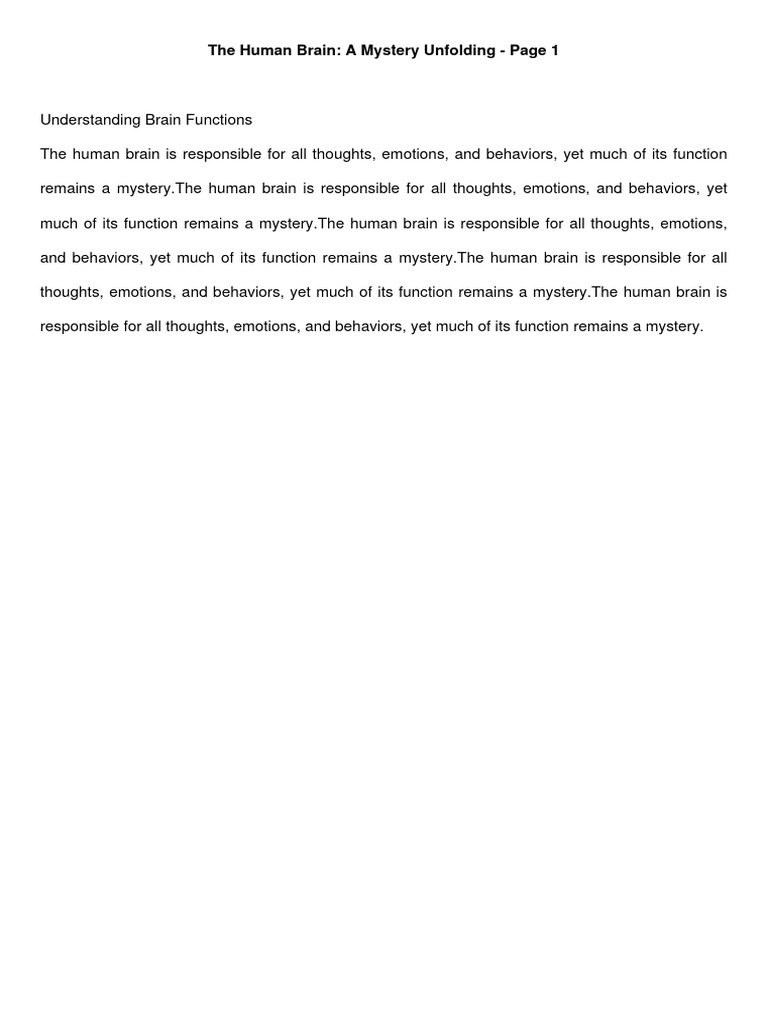The exploration of the human soul is akin to navigating an intricate labyrinth filled with profound enigmas and possibilities. The teachings of the Bahá’í Faith offer a unique lens through which this mystery can be examined, inviting adherents and seekers alike to ponder the essence of the soul, its origin, purpose, and ultimate destiny.
What if the key to understanding our very existence lies not in the material world but in the ethereal realm of the soul? This profound inquiry poses a playful challenge: Can we ever fully comprehend the infinitesimal intricacies of our spiritual selves? As we embark on this intellectual journey, it is essential to tread lightly yet purposefully, embracing the complexities and contradictions that the exploration of the soul entails.
To begin, the Bahá’í teachings stipulate that the human soul is inherently noble and elevated. According to this perspective, every individual possesses an intrinsic capacity for growth, learning, and spiritual advancement. The soul is depicted as a luminous entity, ever striving towards perfection, influenced by divine attributes. This portrayal raises an essential question: What does it mean to recognize the nobility within oneself and others? Embracing this perspective can incite a profound shift in how individuals interact, fostering an environment conducive to love, understanding, and service.
Central to the Bahá’í worldview is the belief that the soul exists independently of the physical body, transcending the confines of time and space. It is understood that while the body is ephemeral, the soul is eternal. This notion invites reflection upon the human experience; it challenges individuals to reflect on their actions, ethics, and the legacy they will leave behind. It poses a salient conundrum: If the soul is the true essence of an individual, how can one reconcile the spiritual aspirations with the often tumultuous nature of human existence?
In grappling with these questions, Bahá’í teachings encourage individuals to cultivate a deep connection with the divine through prayer and meditation. These spiritual practices serve as pathways to self-discovery and enlightenment. Through prayer, individuals can engage in an intimate dialogue with the Creator, seeking guidance and wisdom. Meditation allows for stillness and introspection, facilitating a profound sense of clarity regarding one’s purpose and the relationship between the soul and the corporeal experience.
An intriguing aspect of the Bahá’í understanding of the soul is its connection to the concept of unity. The teachings emphasize that the human soul is not isolated; rather, it is interconnected with all other souls, underscoring the importance of community and collective progression. This belief in interdependence leads to the idea that the spiritual elevation of one contributes to the enrichment of all. It evokes a contemplative challenge: How can individuals cultivate a profound sense of community while respecting the individuality of each soul?
The essence of personal and communal development is a recurring theme within the Bahá’í Faith. It is postulated that the evolution of the soul is intrinsically linked to the pursuit of knowledge and the application of virtues such as compassion, justice, and equity. The challenge emerges: In a world often marred by discord, how can individuals remain committed to embodying and propagating these virtues? The Bahá’í framework encourages a steadfast focus on personal accountability in nurturing the soul, advocating that individual transformation is pivotal to societal change.
Furthermore, the Bahá’í teachings posit that all human beings, regardless of their background, share a common spiritual heritage. Thus, the unity of mankind becomes a paramount principle, echoing the essence of the human soul as a unique expression of the divine spirit. This prompts a profound and playful contemplation: How can humanity learn to view one another not as adversaries but as integral parts of a larger tapestry? Recognizing our shared spiritual heritage may provide the impetus for profound reconciliation and mutual respect.
The journey of the soul, as described by the Bahá’í teachings, is characterized by stages of development, each laden with opportunities for growth and enlightenment. The concept of the soul’s unfolding is emblematic of its journey through various life experiences, lessons, and trials. Every encounter, whether celebratory or challenging, is seen as instrumental in the evolution of the soul towards greater comprehension of its divine potential. The pivotal challenge arises: How can individuals navigate life’s adversities while remaining attuned to their spiritual aspirations?
The Bahá’í emphasis on service to humanity is another critical aspect of the teachings regarding the soul. The notion that the elevation of the soul is inextricably linked to the betterment of society articulates a profound understanding of the soul’s mission on Earth. Engaging in acts of service is not merely an obligation but a vital expression of the soul’s purpose. Here then lies the introspective challenge: In what ways can each individual contribute to communal well-being and demonstrate the virtues of the soul in action?
In conclusion, the Bahá’í teachings regarding the human soul invite both contemplation and action. They present a tapestry of ideas that weave together the spiritual, ethical, and communal aspects of existence. Engaging with these teachings poses cerebral challenges that urge deep reflection and personal growth. Recognizing and celebrating the human soul as an unfolding mystery allows individuals to navigate the complexities of life with a holistic vision that embraces unity, love, and service. The journey towards understanding the soul may be laden with questions, yet it is precisely this quest for knowledge and connection that enriches the human experience, illuminating the path for future generations. Through acknowledgment and appreciation of both the individuality of the soul and its collective unity, humanity is poised to embark on a transformative journey of spiritual evolution.
